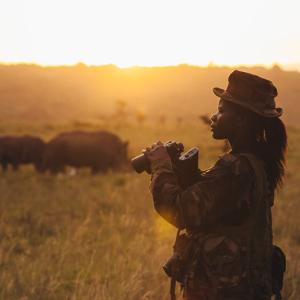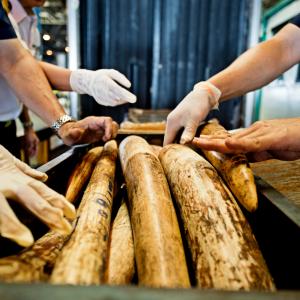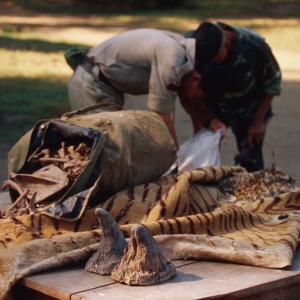The 2030 Circle Programmes: Tackling the Illegal Wildlife Trade
2030 Goal
Fewer species are threatened by over exploitation, including where linked to human-wildlife-conflict, and populations of those species threatened by exploitation are stable or recovering.
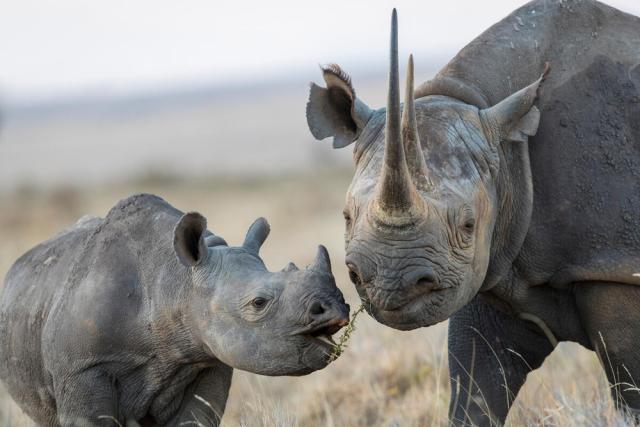
Our approach to tackling the whole illegal wildlife chain
The illegal wildlife trade (IWT) continues to pose a significant threat to species globally. Wildlife crime happens all over the world, with UN seizure data showing that almost 4,000 species are affected. The scale of trade is shocking — for example, on average, around 600 African rhinos are slaughtered a year, and an estimated 47 African elephants are illegally killed each day for their ivory.
Globally, the IWT is estimated to be worth over £17 billion and environmental crime, of which the IWT is a part, is the fourth biggest illegal trade in the world. Often run by crime syndicates involved in other organised crimes and corruption, it also threatens the people who live and work alongside the wildlife being targeted. The IWT affects the economic development of some of the world's poorest countries, making it a serious social justice issue. It undermines the rule of law, threatens peace and security, and hinders economic development for some of the world’s poorest and most marginalised people.
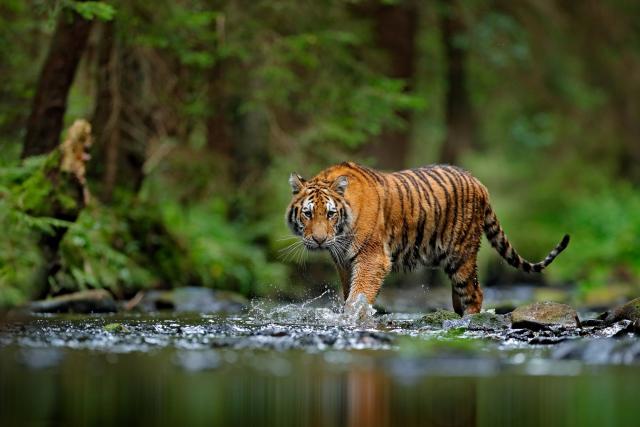
The story so far
WWF is working on all points along the IWT chain – fostering people-centred, innovative approaches at local, regional, national, and international levels. We’re supporting work to tackle the IWT in key hotspots, including Kenya, Tanzania, Uganda, China, Nepal and India (among others) in collaboration with other organisations including TRAFFIC, the wildlife trade monitoring network.
The future impact of the 2030 Circle collective
Reducing the poaching and illegal trade of wildlife will help to secure the future of key species and safeguard the benefits and ecosystem services that they provide to people and planet.
Success to date includes our work advocating for the closure of elephant ivory markets in Asia.
Our work aims to improve local, national and international governance around wildlife crime, ensure a human rights-centred approach to addressing IWT, and improve transparency and accountability.
We are focused on three critical areas to tackle the IWT, whilst influencing international policy to achieve a greater impact:
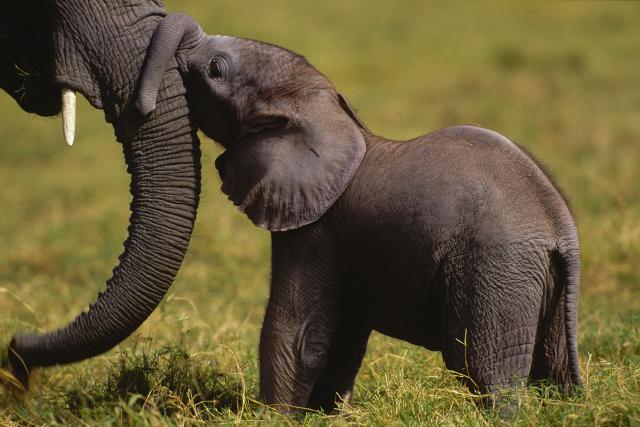
The 2030 Circle: A crucial force in combatting the illegal wildlife trade
The 2030 Circle is helping to combat the illegal wildlife trade by supporting a global effort that not only protects endangered species, but also supports sustainable development and strengthens international cooperation.
As a 2030 Circle member, you'll help protect species most at threat — ensuring that future generations inherit a world rich in biodiversity and natural wonders.
Thank you
To become a 2030 Circle member or to find out more, please get in touch. Contact Luisa Berry, Senior Philanthropy Manager - 2030 Circle, by email: 2030circle@wwf.org.uk or phone 01483 412368.
There’s still time to make this the decade that we changed course - for climate, for nature, and for future generations. We look forward to hearing from you and finding out how, together, we can secure the future of the natural world.
